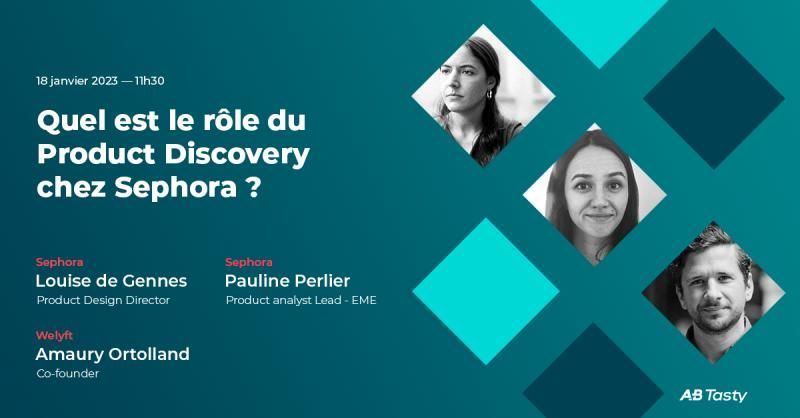Everything you need to know about Conversion Rate Optimization (CRO)
Conversion rate optimization is a powerful technique that can dramatically increase your profitability.
.webp)
In a digital ecosystem where customer acquisition costs (CAC) on Google and Meta are skyrocketing, continuing to pour advertising budget into a website that doesn't convert is like throwing money down the drain.Conversion rate optimization (CRO) is no longer a tactical option; it's a profitability imperative.
The goal is not just to change the color of a button, but to take a scientific approach to turning your existing traffic into revenue. Here's how Welyft structures this approach, from behavioral psychology to data analysis.
What is CRO?
CRO (Conversion Rate Optimization) is often reduced to simple A/B testing. In reality, it is an iterative process that combines three disciplines:
- Data Analytics: To find out where you are losing money.
- Cognitive Psychology: Understanding why your users aren't taking action.
- UX/UI Design: To offer a fluid and intuitive solution.
Contrary to popular belief, CRO is not just about generating immediate sales. It allows youto innovate with less risk by validating your product hypotheses andinforming your overall strategy through better customer insight.
Understanding your users' brains
Visitors do not make decisions based solely on rational thinking. They are influenced by psychological mechanisms that you need to understand in order to optimize your customer journey.
1. Cialdini's six principles of persuasion
These principles are the foundation of any conversion journey:
- Social Proof: "80% of our customers recommend this product." People imitate the behavior of the group to reassure themselves.
- Scarcity: "Only 2 items left in stock." Fear of missing out (FOMO) speeds up decision-making.
- Authority: The use of badges, certifications, or expert opinions lends credibility to your offering.
- Reciprocity: Offer value (free guide, audit, advice) before asking for a purchase.
- Commitment: A user who begins an action (e.g., the first step of a form) is more likely to complete it for the sake of consistency.
- Sympathy: A brand that humanizes its relationship (storytelling, "About") converts better.
2. The art of nudges and cognitive biases
The brain is always looking for shortcuts. In CRO, we use these biases to streamline the experience:
- Anchoring bias: The first price seen determines the perception of subsequent prices. This is why the order in which your products are displayed is critical.
- The Decoy Effect: Offering an unattractive intermediate option to make the "Premium" offer more appealing.
- Nudges: Preselect the most popular option or use positive wording ("I'll take advantage of the offer" vs. "Continue").
3. Gestalt theory for UX
Before reading, your user "scans." Gestalt explains how the brain visually organizes information:
- Proximity Law: Elements that are close together are perceived as related. A purchase button should be placed next to the price and product photo.
- Law of Similarity: Your calls to action (CTAs) must share the same visual code to be instantly recognizable.
- Law of Continuity: Use design to guide the eye toward the conversion zone (lines of force, characters' gaze).
The LIFT Model: The Conversion Equation
How can you tell if a page is optimized? At Welyft, we use the LIFT model to audit landing pages. It's a simple equation:
Probability of Conversion = (Relevance + Clarity + Urgency) - (Distractions + Anxiety)
- Relevance: Does the content match the promise of the advertisement (Message Match)?
- Clarity: Can the value proposition be understood in 5 seconds?
- Anxiety: Have you removed any obstacles (secure payment, return policy)?
- Distraction: Remove anything that distracts from the objective (outbound links, overly dense menus).
The Welyft 4-step analysis methodology
Having theories is one thing, applying them is another. To identify growth opportunities, we apply this rigorous analytical framework.
1. Segmentation
Analyzing an overall conversion rate is a rookie mistake. You need to break down your audience to see the reality.
Example: Your conversion rate is stable, but when you segment it, you discover that desktop is rising while mobile is falling.
2. Eliminating friction
We track down breaking points in the customer journey.
Warning signs: An abnormally high bounce rate on a key page or too little time spent on a content page. This is a sign of a gap between expectations and reality.
3. Analysis of "Big Differences"
We compare performance between segments to isolate technical or UX anomalies.
Key question: Why is the conversion rate three times higher on iOS than on Android? Is there a technical bug or a specific interface issue?
4. Flow Analysis
Users don't always follow the linear path you imagined. With GA4 exploration reports ("User Path"), we identify unnecessary navigation loops and dead ends that frustrate your visitors.
Move from intuition to science
CRO is not magic, it's a methodology. By applying these principles of psychology and analysis, you stop guessing what works and start knowing.
Would you like to audit the performance of your current website?
Our experts can perform a comprehensive diagnosis of your customer journeys.

.avif)

.png)

.png)
.png)



.png)
.png)
.png)
